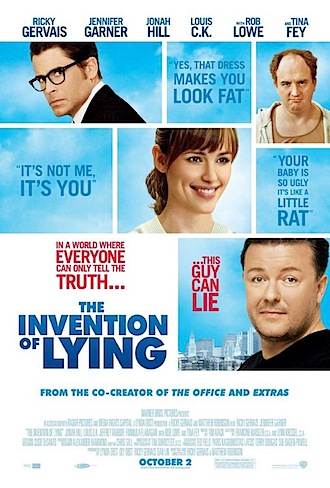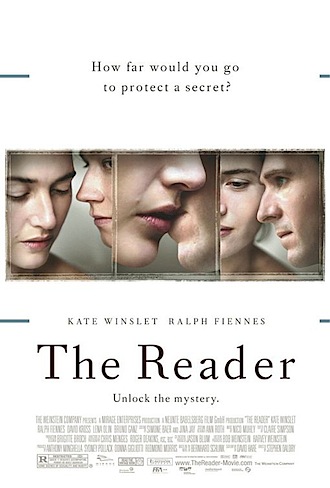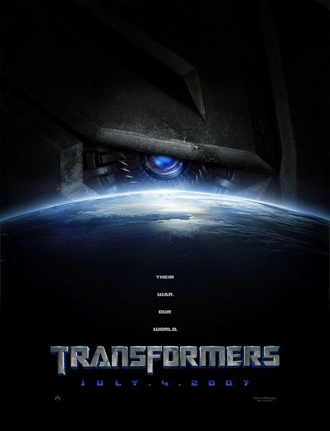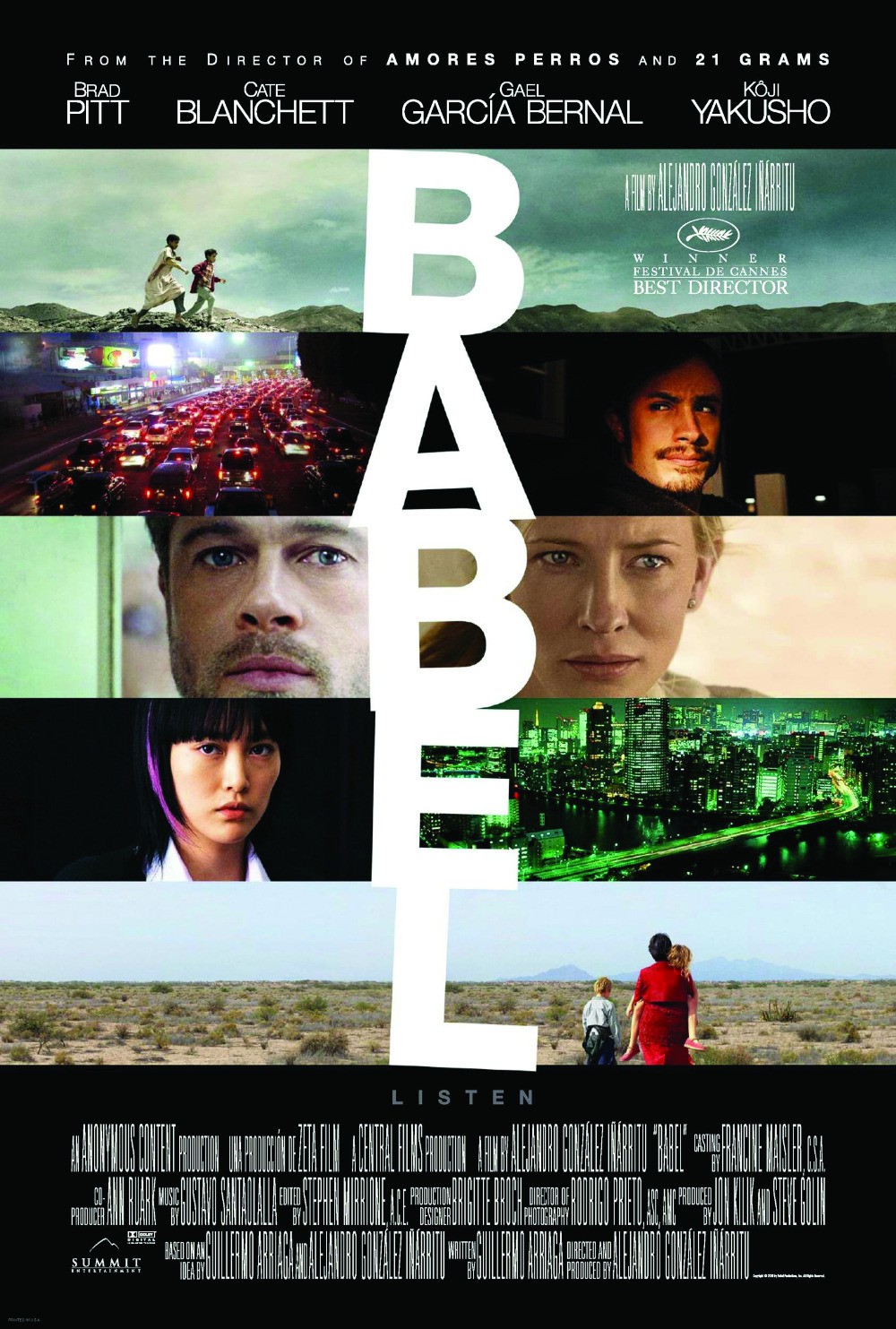Transformers: Dark of the Moon had the best teaser trailer of the year: a brilliantly suspenseful recreation of the first Moon landing and the Apollo 11 crew’s discovery of a…
Read More

This past week may have been the most consistently satisfying week of cinema-going since I started this journey with you back in 2006: seven very different films, all with something…
Read More

If you are on the look out for an intelligent, serious and impressively well-made drama that will stimulate and move you (and of course you are, or you wouldn’t be…
Read More
Ion Fiscuteanu, a Romanian stage and film actor known to international audiences for his role in The Death of Mr. Lazarescu, died early Saturday in Bucharest. He was 70. "He…
Read More

Above the proscenium arch at the Embassy theatre, on either side of the screen, there are two flashing red lights. They've been there ever since the Return of the King…
Read More

This week’s Capital Times column. No reviews due to the Christmas break, instead a preview of a few titles to expect in 2007.
Read More
